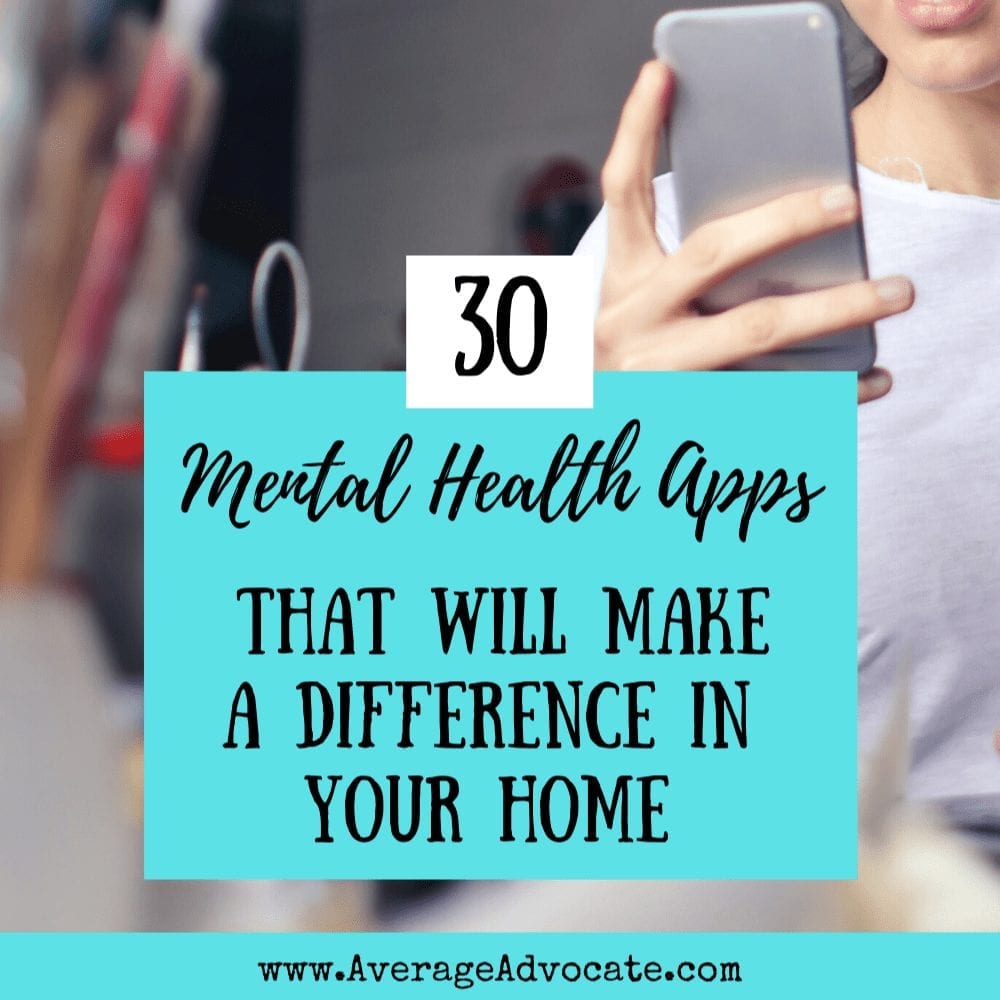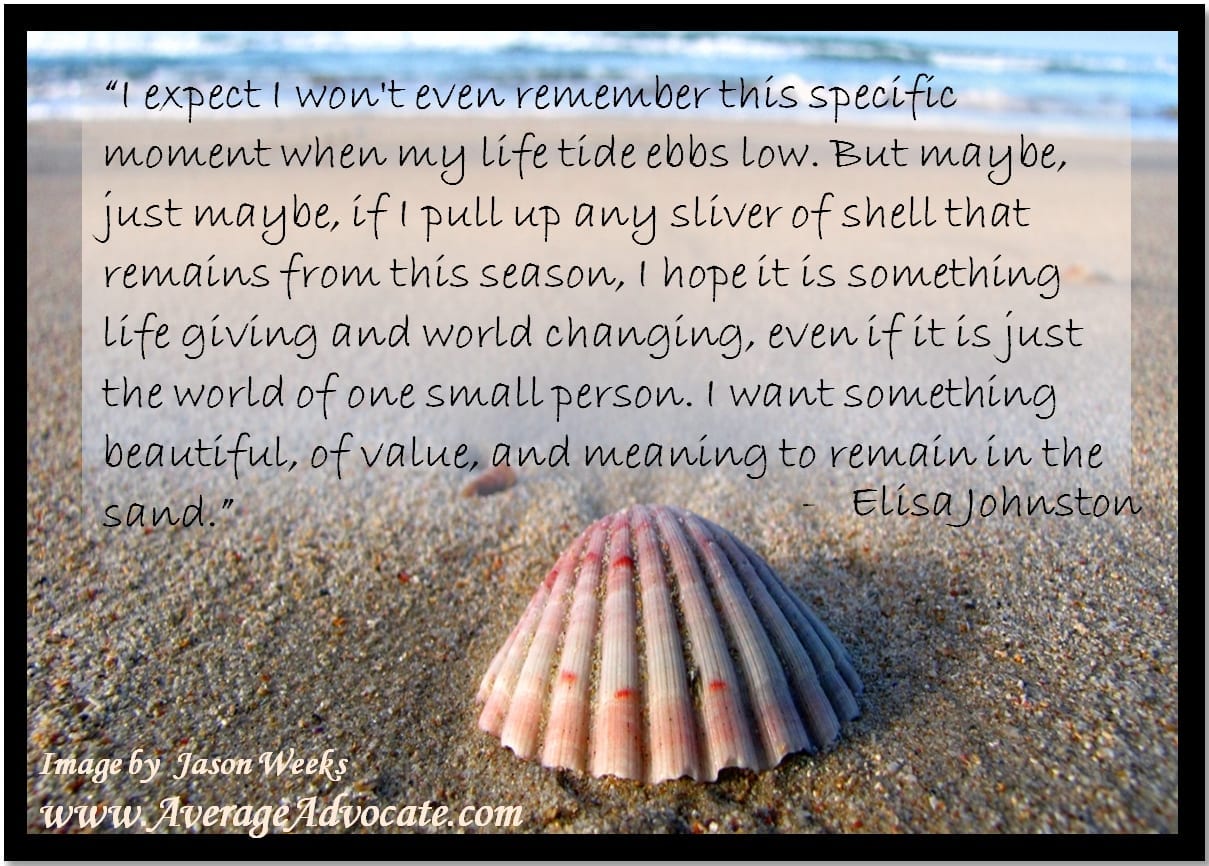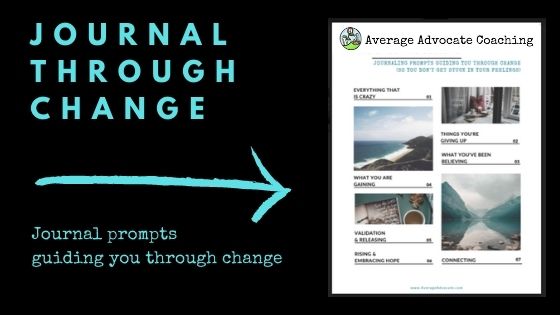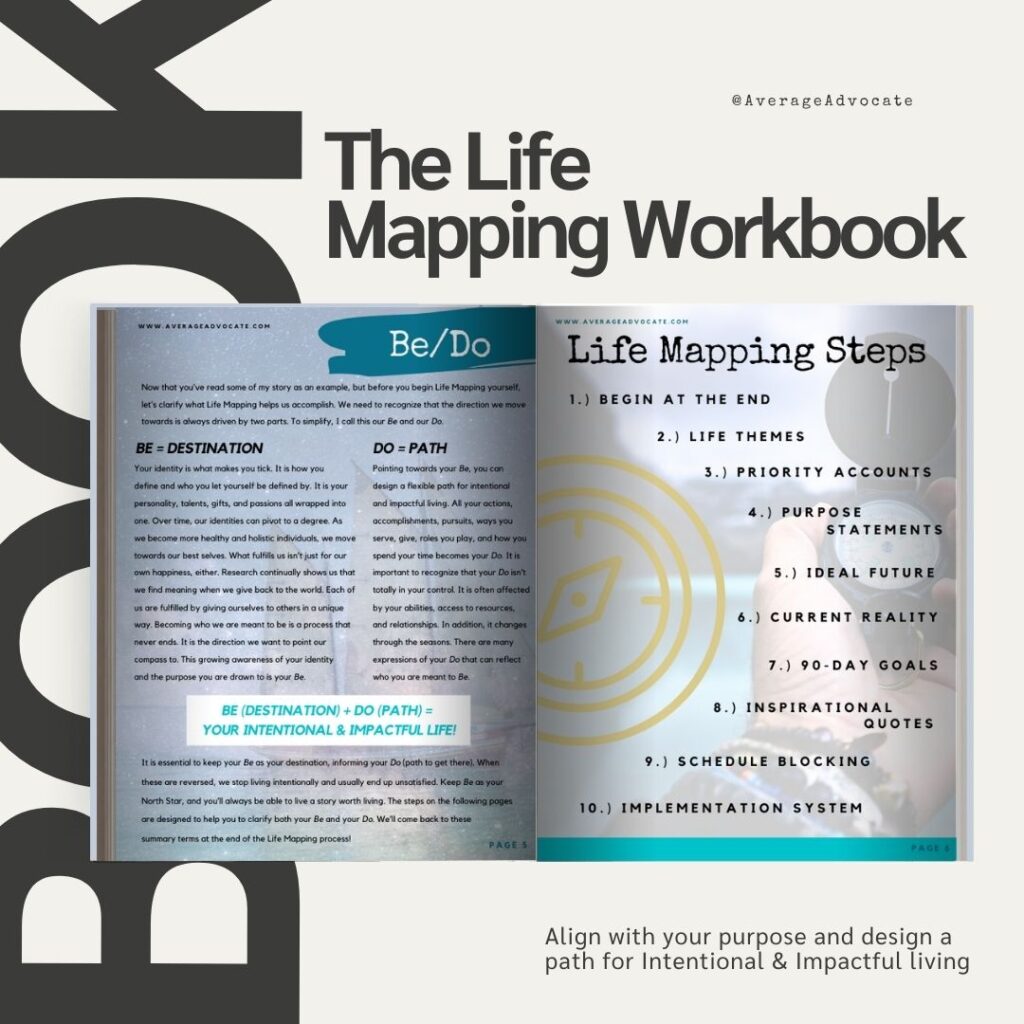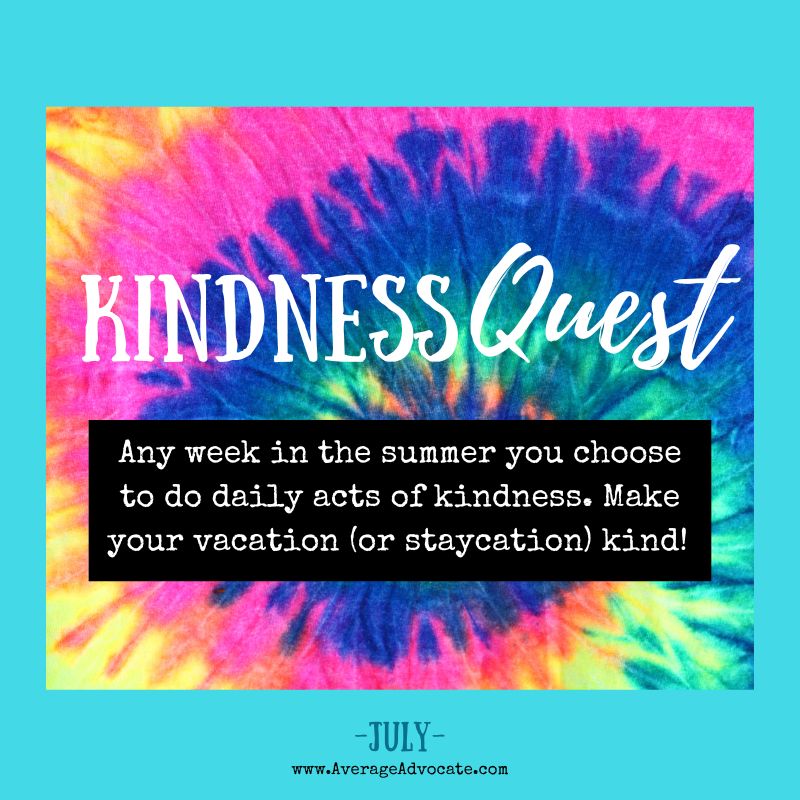I am not the queen of apps, but I do like to help create safe spaces for those who are struggling in their mental health (let’s be honest, aren’t we all?). To wrap-up May (Mental Health Awareness month) I wanted to share with you a few tools I have learned about that are helping make a difference in my own home. Hopefully they will help you too!
This list includes apps we’ve used. But, truth be told, I haven’t used most of these myself. A lot were actually compiled by the therapist at my kids’ school for us parents (thank you!). I’ve been wanting to try more of these out, so many you can tell me about them if you get there first! Here you go!
30 Mental Health Apps
1.) Youper – This is currently my most favorite mental health app! I’ve been using it with my housemate, but am planning on getting it for myself and to use with my kids. Honestly, Youper’s description doesn’t do it justice! Youper is kinda like having a therapist to talk to at any given moment. It uses a lot of CBT (cognitive behavior therapy), mindfulness, rethinking, and journaling. Its graphs are also great to track moods and mental health diagnoses. I’ve used it as a guide to help me through full conversations, which has been wonderful (especially when I haven’t had the focus or energy to know how to help people I love through their struggles).
2.) My3 – This is pretty helpful. Essentially it is a backup plan for people who are struggling with suicidal ideation. It helps them create a support network, a safety plan, and gives resources that help those you’ve been suicidal thoughts.
3.) SWITCH App – I heard Dr. Caroline Leaf speak last year on her team’s brain research (I thought she was a horrible speaker!). But a lot of what she shared on switching the brain rung true. I’d been learning/practicing a lot of these concepts already to support my housemate through recovery and helping those in my own home. This app has made it easier (actually, just simply possible) to move through a brain switching process. It helps us get unstuck from both very simple and also very complicated damaging, toxic beliefs. I’ve seen substantial results as we’ve used it over the 21-day cycle. Essentially, you calm down, listen to her talk about brain science (we skip this part with kids), and go through some journaling-type prompts, and practice building up truth through the day. It costs a little money, but I think it greatly simplifies doing a brain-switch and would be much more challenging without the depth, guidance and accountability this app provides.
4.) Abide – This is a Christian prayer and meditation app, using scriptures, that I’ve used on and off in different seasons.
5.) Recovery Record – This can be very empowering, especially when overcoming eating disorder tendencies!
6.) Sanvello – From what I’ve read about this one, it looks good! I’ve heard health insurance sometimes covers the cost of it. It is focused on support groups and like virtual therapy and counseling (although I am not sure if it is ai or real people? I’ll have to look into it!)
7.) Calm Counter – Social Story and Anger Management Tool
8.) Calm Harm – For self-harm. I think this might be genius, though I haven’t yet used this app. As a support person, unless you are trained, it can be hard to know how to help. Even downloading this app and looking through it might be a great interactive way to educate yourself quickly on how to be there for someone who practices self-harm using DBT skills (which I’ve used before and can be really helpful). If you struggle with self-harm, try this out and let us know if it helps you.
9.) Daniel Tiger’s Grr-ific Feelings – Obviously for kids, this pretty much helps kids recognize their emotions and gives them coping skills to handle them with songs, drawing, and games (at preschool/kindergarten level)
10.) GoNoodle – This is for kids and is both a website & app. I might try this with my youngest tomorrow, but it seems to be games to help kids move, focus, and be mindful.
11.) Happify
12.) Headspace
13.) IF… The Emotional IQ Game
14.) Insight Timer
15.) Mindprint Learning
16.) Mindshift
17.) Mindspace Website
18.) Mindfulness Training App
19.) MyLife – Seems to be focused on helping adults recognize their feelings and give coping skills. It seems heavy on meditation? But it says it has 400 other ideas.
20.) Ninja Focus – Kids app preschool and up to help practice concentration, sleep, mindfulness and compassion. Also, free right now through the first of July to help parents and their kids with COVID-19 stress. The bunny is cute!
21.) Simple Habit
22.) Sleep Smart
24.) Stop, Breathe & Think (for kids)
25.) The Mindful Edge
26.) The Mindfulness App
27.) Three Good Things – A Happiness Journal
29.) Wysa: AI Coach CBT DBT chatbot
30.) Trill Project
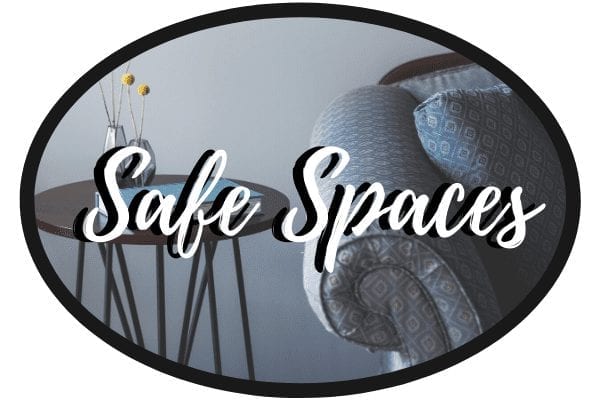
Okay, Actually More than 30 Mental Health Apps!
31.) Cosmic Kids
32. Take a Break! – Super simplified calming app – just two audio tracks to sit down and breathe to.
33.) Calm – Can’t really 100% tell you for sure, but another gratitude/meditation app.
34.) SuperBetter – I began trying this out. It was fun language, largely about creating habits, self-motivating, mindfulness and self improvement. My daughter was more into it than I was, I didn’t feel like putting the energy into it to learn how to use it well and the apps’ vocab. I wanted as simple as possible.
I am so thankful apps like these exist to help us with our well-being and mental health! Do you know of any other apps that can improve our mental health? Let me know of them in the comments!
Can Mental Health Apps Be a Replacement For Therapy?
*Disclaimer–this is not medical advice!*
Honestly, I’m actually thinking in some cases daily using Youper and Switch in tandem can be more effective than therapy. Of course, this depends on where you are at, what type of therapy you use, and who your therapist/counselor is. But if you cannot afford to see a counselor (let’s be real, many of us can’t!) don’t get discouraged and do nothing. You can at least work your way through some of these apps!
While doing so, please ask for accountability from someone who loves you enough to walk with you and to fight for you. If you can, join a support group at a local church, community center, or ask counseling offices about them (of if you need help, contact me and I can send you to the appropriate national page of support groups for what area you are struggling in).
And of course, although not an app, always keep the 24/7 crisis text line in your phone too (text HOME to 741741)! You and your loved ones are worth fighting for!
My goal is always to empower you to change the world by helping you get closer to being fully alive and making a difference in your home, community and world. I hope these apps can help you!
***As a follower of Jesus, I always believe He wants to meet you in your mental health. I might not be able to carry you through your situation, but always feel free to connect with me to ask for prayer. We’ll pray for you and send you any resources we know of that might help you where you’re at.***
